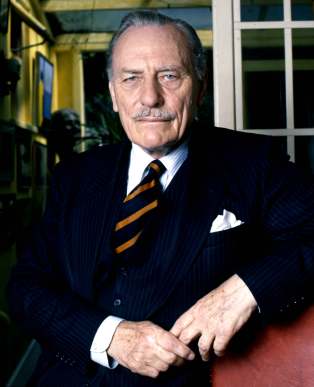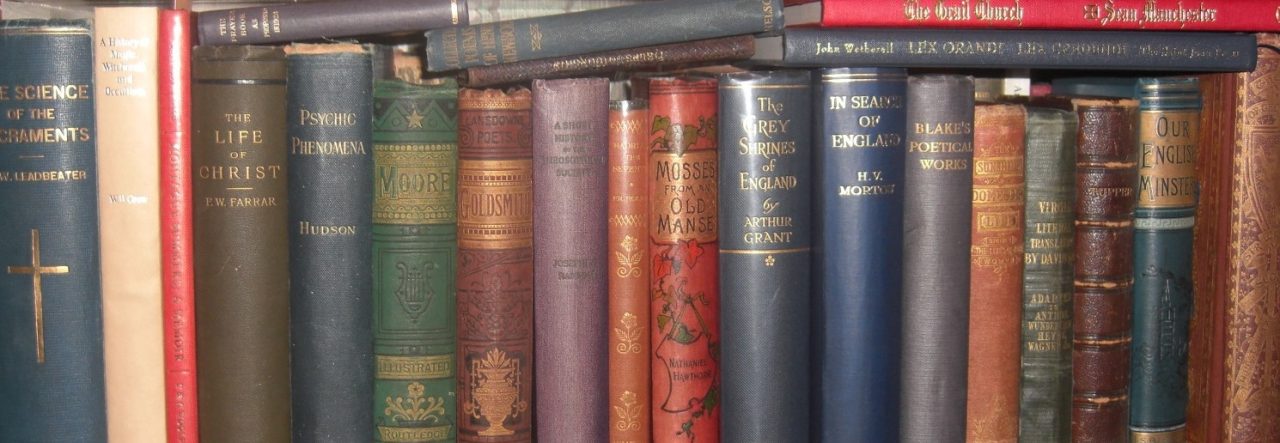 http://traditionalbritain.org/content/traditional-britain-seminars-2014-john-kersey-was-enoch-right
http://traditionalbritain.org/content/traditional-britain-seminars-2014-john-kersey-was-enoch-right
On the 8th March the Traditional Britain Group will be hosting a half day event, titled ‘Traditional Britain Seminars 2014’ at a prestigious club in central London from 1pm until 6pm, followed by an evening social until late.
For more details, see here.
Was Enoch Powell Right? – Seminar led by John Kersey
In today’s society it has become politically unacceptable to state that Enoch Powell was right – with the inevitable assumption that what he was right about was mass immigration, and that his Birmingham speech of 20 April 1968 was not merely a critique of the government policy of the day but a prediction of the conditions that such a policy was creating for his constituents and for the next generation. Significantly, Powell, a long-time critic of the United States, feared quite specifically that Britain was emulating the American problems of racial tension and lack of social cohesion that had culminated in the assassination of Martin Luther King earlier the same month as his speech.
Forty years on from that historic speech, how much of what Powell feared has come to pass? Mass immigration, particularly during the post-1997 period, has vastly exceeded the levels of 1968, and it is beyond dispute that areas of Britain have been profoundly changed as a result. One of Powell’s chief criticisms of immigrant populations was that although many thousands wanted to integrate into British society, the majority did not. Are such phenomena as home-grown Islamic terrorism part of the legacy he described?
As Powell was clear, mass immigration has been brought about with no overt consent from the populace, and indeed has been considered by many to be contrary to the interests of the settled population. Under New Labour, according to Lord Mandelson in 2013, “We sent out search parties to get them to come… and made it hard for Britons to get work.” Yet when Labour supporter Gillian Duffy told then-Prime Minister Gordon Brown that she was concerned about immigration from Eastern Europe, his response was to dismiss her as a “bigoted woman”.
There has been a concerted refusal by the mainstream political parties to address the views of their constituents on immigration, resulting in the electoral rise of the BNP and of UKIP, both campaigning on anti-immigration platforms, and even prompting some reforms to the immigration system under the Coalition government. But is any of this enough? What should our response be today both to continuing immigration to Britain and to those who are now here? Powell advocated voluntary repatriation on generous terms, but would such a remedy be even remotely practical, even if it were politically acceptable today? Can any alternative strategy be formulated that is both effective and politically acceptable? Can the Britons of today find a way to live together, or is cultural or even political separation of some sort inevitable?
In what will doubtless be a wide-ranging seminar, we will consider these and other issues from a traditional conservative viewpoint and endeavour to get to the roots of why this issue has proved so intractable that the most common response it receives from the establishment is censorship.







